eClinicalWorks Blog
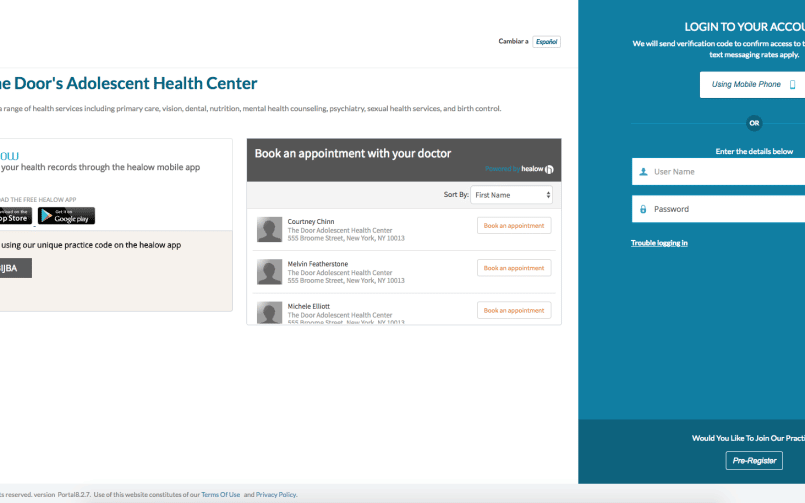
- 4 June, 2018
- blog
Helping NYC Youth Reach Their Potential
An outsider might assume that New York City youth are universally savvy and self-reliant, capable of finding their way in what is, after all, one of the world’s largest and most diverse cities, a place that is brash, bold, and seemingly bursting with confidence.
Continue Reading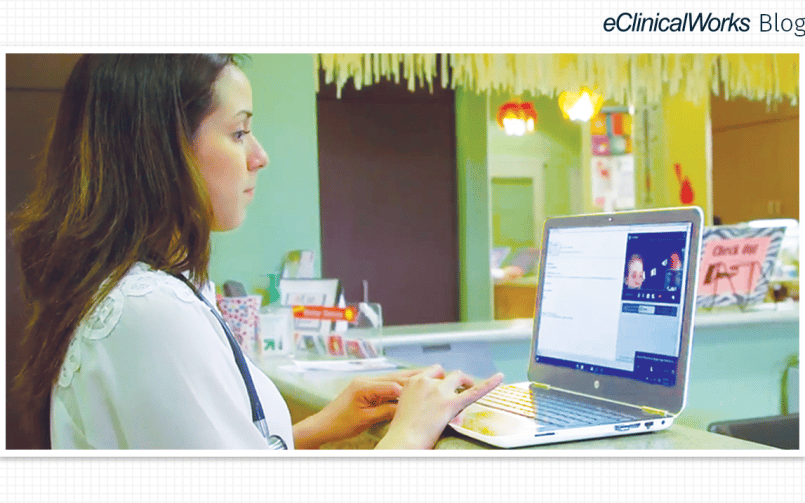
- 30 May, 2018
- blog
ADHD and Telemedicine: A Natural Fit
When you step back and look at long-term trends in medicine, some things seem obvious. The use of telemedicine to better serve pediatric patients with Attention Deficit Hyperactivity Disorder (ADHD) is such a case.
Continue Reading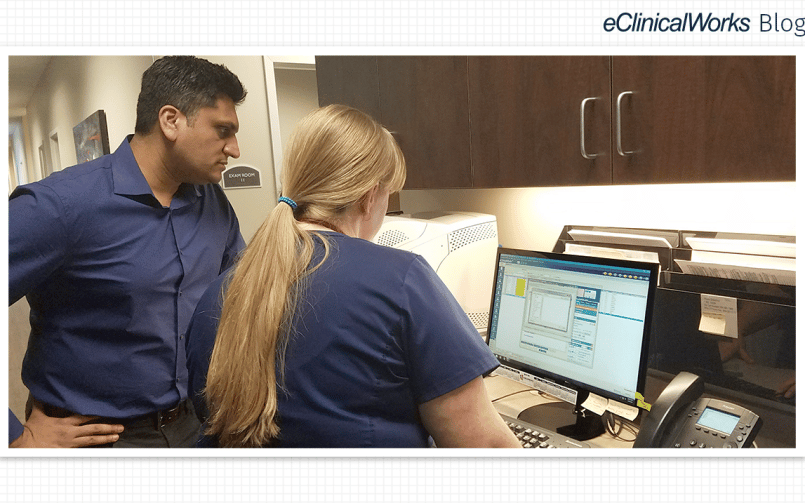
- 21 May, 2018
- blog
Getting Online with Patient Engagement
At Prime Care Family Practice of Prince George, Virginia, things were going well. Having worked with eClinicalWorks since 2012, the practice had an excellent healthcare IT partner. Providers were seeing 600 patients each week. The phones were busy.
Continue Reading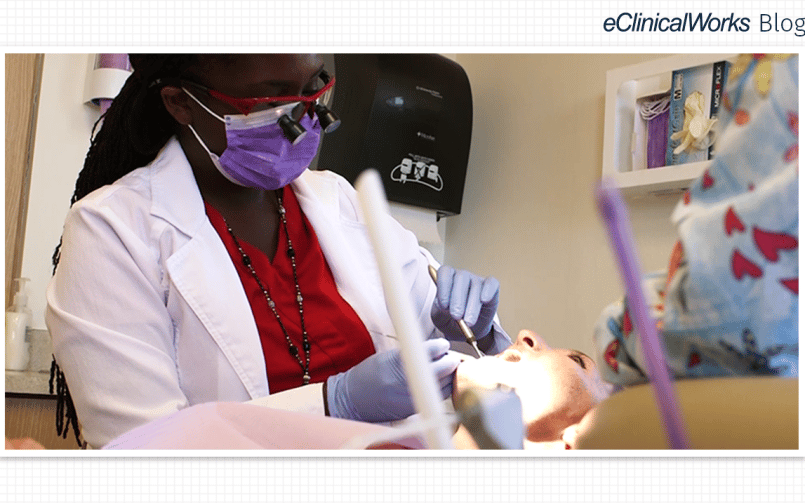
- 23 April, 2018
- blog
Striving for health in rural America
Like many rural areas in the U.S., Pecos, New Mexico and environs has two tales to tell. One is of breathtaking natural beauty, where hiking, biking, and sightseeing unfold against a backdrop as beautiful as any in the nation. The other is a story of hardworking people who sometimes struggle with issues of health, insurance, and access to quality care.
Continue Reading
- 16 April, 2018
- blog
Patient Portal 8.0
When it comes to making quality healthcare available to any community, what’s the first challenge? Access. After all, the best medical services in the world are of no value unless patients can make use of them. And even when a doctor/patient relationship has been established, the doctors and patients sometimes need help staying in touch and making best use of available resources.
Continue Reading
- 16 April, 2018
- blog
Petaluma Health Center: Unified Community Care
If you want to understand the role that Petaluma Health Center plays in California’s Sonoma County, it helps to understand what took place in 1996.
Continue Reading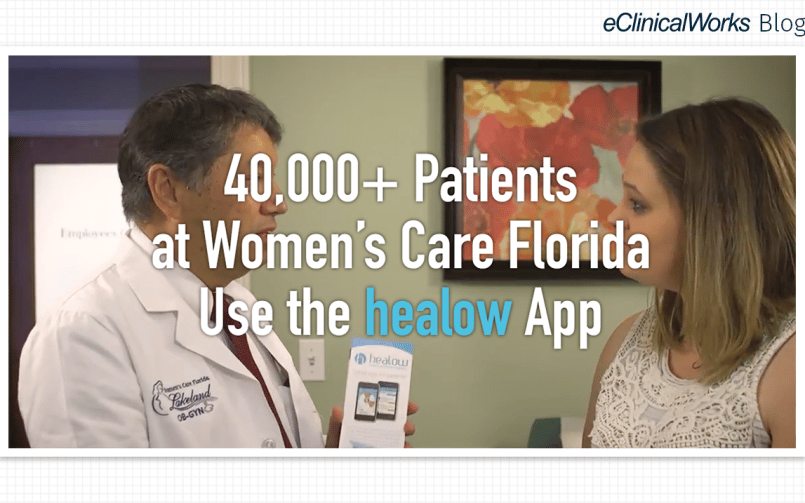
- 9 January, 2018
- blog
“They have their little phones!”
In October 2016, Frontiers in Psychiatry published an online review of studies regarding cellphone addiction, some of which suggest that many people today might be a bit over-attached to those gadgets that seem to take care of more and more of our daily tasks.
Continue Reading
- 21 December, 2017
- blog
Singletrack: Small Is Beautiful, and It Just Might Last
According to the numbers, small and independent medical practices are headed for extinction. But in Marquette, Michigan — on the shores of Lake Superior in the Upper Peninsula — the husband and wife team of Dr. Christopher Dehlin and Dr. Jennifer Dehlin are demonstrating that there’s a place for smaller medicine, even in an age of consolidation and managed care.
Continue Reading
- 4 December, 2017
- blog
Advanced Medical Assistants to the Rescue!
Yes, every doctor cares about their patients. But some doctors really, really care about their patients. These are the selfless physicians who will put the practice of medicine ahead of their need for personal time, family, and the need to recharge after what can be a very long day at the office.
Continue Reading
- 27 November, 2017
- blog
A Patient-Centric, Independent Clinic in Utah
If you happen to be in the Salt Lake City area and visit any of the 18 locations run by Granger Medical Clinic, you’ll see a lot that looks familiar, including a busy front office and the range of primary and specialty services you’d expect from any growing medical facility.
Continue Reading
- 19 October, 2017
- blog
Innovations from Our National Conference
The 2017 eClinicalWorks National Conference was full of excitement and announcements, as we brought together more than 4,000 medical professionals to explore the latest developments on the healthcare IT frontier. We debuted Eva, our virtual assistant, offered a sneak peek at V11, and highlighted what’s new with our core EMR and Practice Management solution. From advances in interoperability to improvements in Revenue Cycle Management and much more, Dallas was unforgettable!
Continue Reading
- 9 October, 2017
- blog
The lesson of Dallas: A change in thinking
They say all good things must come to an end, and today marks the end of the 2017 eClinicalWorks National Conference. But what if there were a way to preserve the sense of discovery and renewal that we experienced this past weekend in Dallas? What if you could take it all back to your practice with you, and somehow open it up fresh every time you needed a bit of inspiration?
Continue Reading